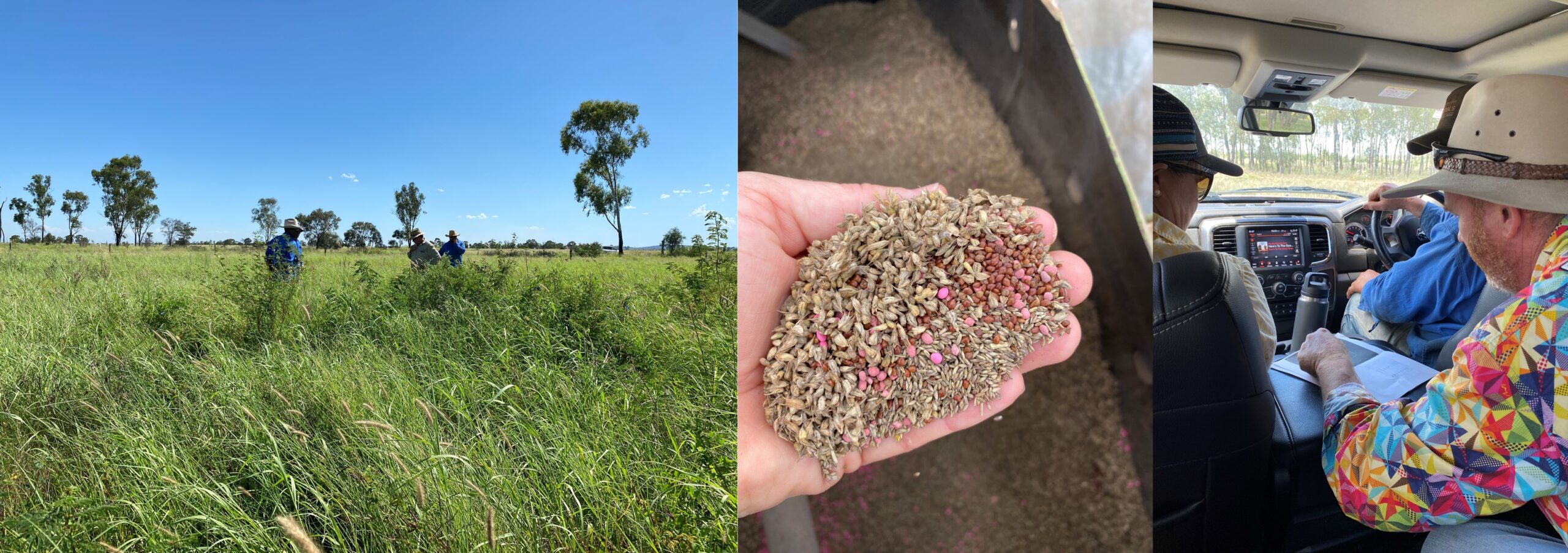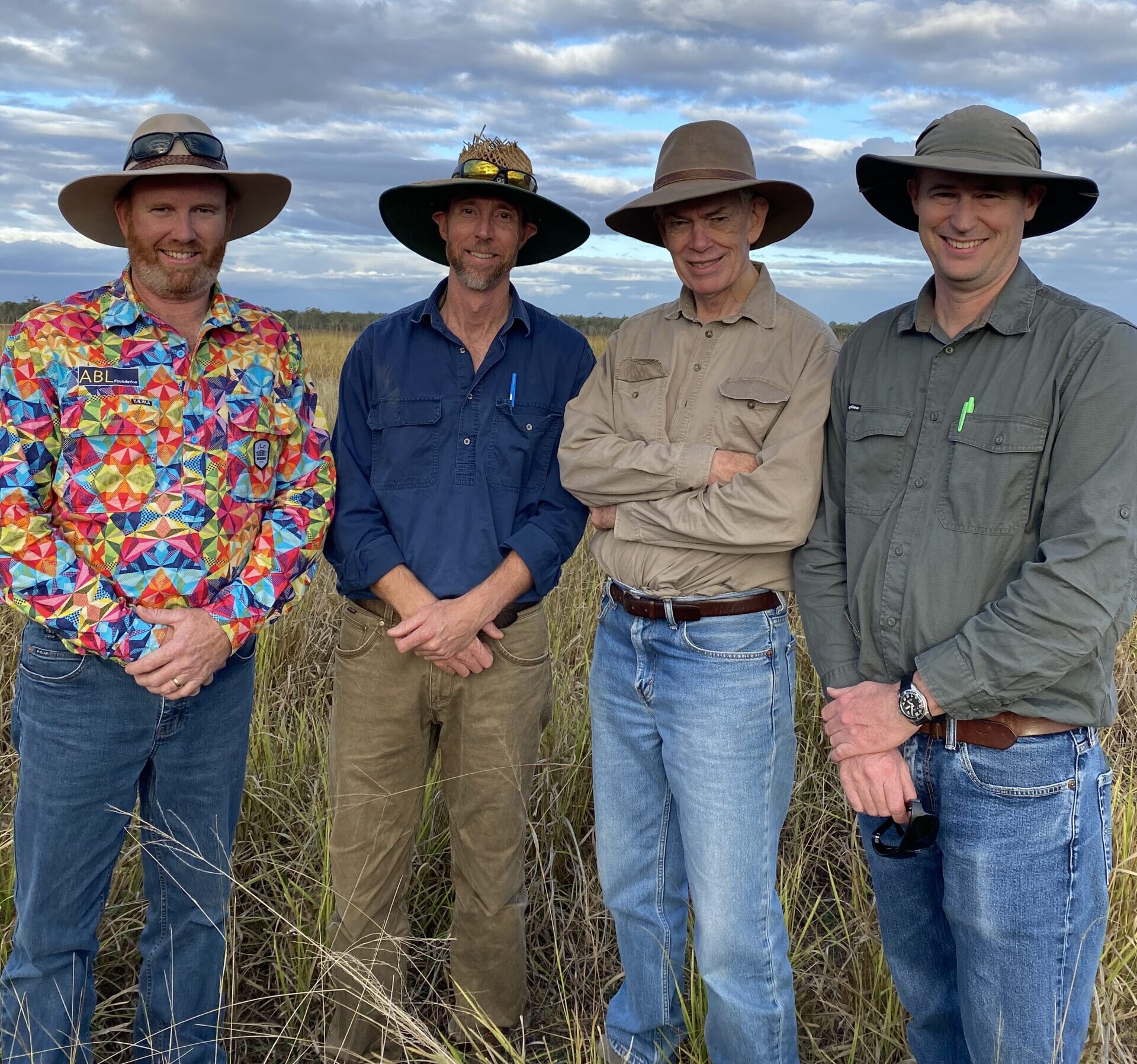Queensland Pasture Resilience Program
Download this as a print-ready factsheet.
Are you growing enough quality pasture?
The Queensland Pasture Resilience Program (QPRP) can help you answer this question and provide the tools and support you need to maximise your grazing potential and business profitability.
The Queensland Pasture Resilience Program is a partnership between the Department of Primary Industries, Meat & Livestock Australia and the Australian Government through the MLA Donor Company. The five-year program aims to help Queensland producers tackle the three big threats to beef production: land condition decline, pasture rundown and pasture dieback.
How we can help | How can you get involved?
Developing new tools and resources | Queensland Pastures newsletter
Southern Queensland sown pastures project | Central Queensland sown pastures project
North Queensland sown pastures project | Improving grazing land management project
How can we help?
Through the Queensland Pasture Resilience Program, Department of Primary Industries staff provide free personalised support to help graziers with pasture development planning and grazing management.
This includes:
-
- selecting and developing legume-grass pastures
- monitoring and developing grazing management strategies
- managing pasture dieback
- monitoring land condition.
How can you get involved?
There are lots of opportunities to be involved – whether you want to implement new practices on your property, showcase the great things you’ve achieved, or trial something new.
You can:
-
- receive personalised pasture advice for your property
- join us at workshops or field days
- host field days
- host demonstration or research sites
- sign up to our quarterly newsletter.
Developing new tools and resources to help graziers
As part of the Queensland Pasture Resilience Program, we’ll develop valuable tools and resources for graziers and advisors including:
-
- guides for sown pasture selection and establishment
- case studies with producers sharing advice based on their experiences improving their pastures and profitability
- factsheets, videos and podcasts on topics such as:
- legume selection for land types
- establishing new improved pastures
- pasture seed quality
- legume inoculum
- pasture dieback management
- using fire to manage native pastures
- managing nutrients in pasture
- Leucaena management
- grazing management for climate variability
- restoring land condition.
Sign up to the Queensland Pastures newsletter
The quarterly Queensland Pastures e-newsletter will bring you the latest on grass, legumes and grazing management from the DPI pastures team. Sign up to receive event invitations, research updates, new tools, resources and articles.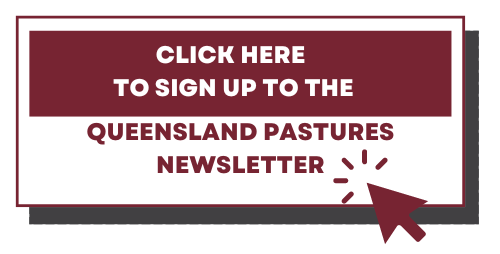
View past issues of Queensland Pastures
-
-
Upcoming events
Name Location Date Registration/tickets BeefUp Forum Rockhampton 8-9 July 2025 Free registration here Grazing Land Management EDGE Kingaroy DPI 26-28 August 2025 Purchase tickets here Supporting grazing into the future Wambiana Grazing Trial, Charters Towers 5 August 2025 Free registration here -
What research will be conducted under the Queensland Pasture Resilience Program?
We’re researching the three big issues affecting productivity and profitability of pasture systems in Queensland – land condition decline, pasture rundown and pasture dieback. The program includes four projects with specific research objectives, however, several research questions will be shared across regions.
Southern Queensland Sown Pastures project
-
-
-
-
- Commercialisation of new stylo varieties.
- Test and demonstrate sown legume systems in commercial production paddocks
- Improve understanding of:
- the most persistent legumes for southern Queensland
- phosphorus fertiliser on long-term performance of legumes in grass pastures
- potential area and economic value of legume systems in Queensland
- animal performance and pasture data on legume grass systems and how it impacts profitability.
-
-
-
Project team: Gavin Peck (team leader), Louise Walker, Ian Dunbar, Ted Callanan, Ajay Augustin, Vanessa MacDonald (Toowoomba).
Contact: Gavin Peck (gavin.peck@daf.qld.gov.au or 0428 783 771)

Central Queensland Sown Pastures project
-
-
-
-
- Test and demonstrate sown legume systems in commercial production paddocks.
- Improve understanding of:
- changing scale and spread of pasture dieback
- long-term pasture dieback management options
- animal performance and pasture data on legume grass systems and how it impacts profitability
- phosphorus fertiliser on long-term performance of legumes in grass pastures.
-
-
-
Project team: Stuart Buck (team leader), Kylie Hopkins and Polani Shadur (Rockhampton) and Dana Walkington (Emerald), and Melissah Dayman (Brian Pastures Research Station).
Contact: stuart.buck@daf.qld.gov.au or 0427 929 187
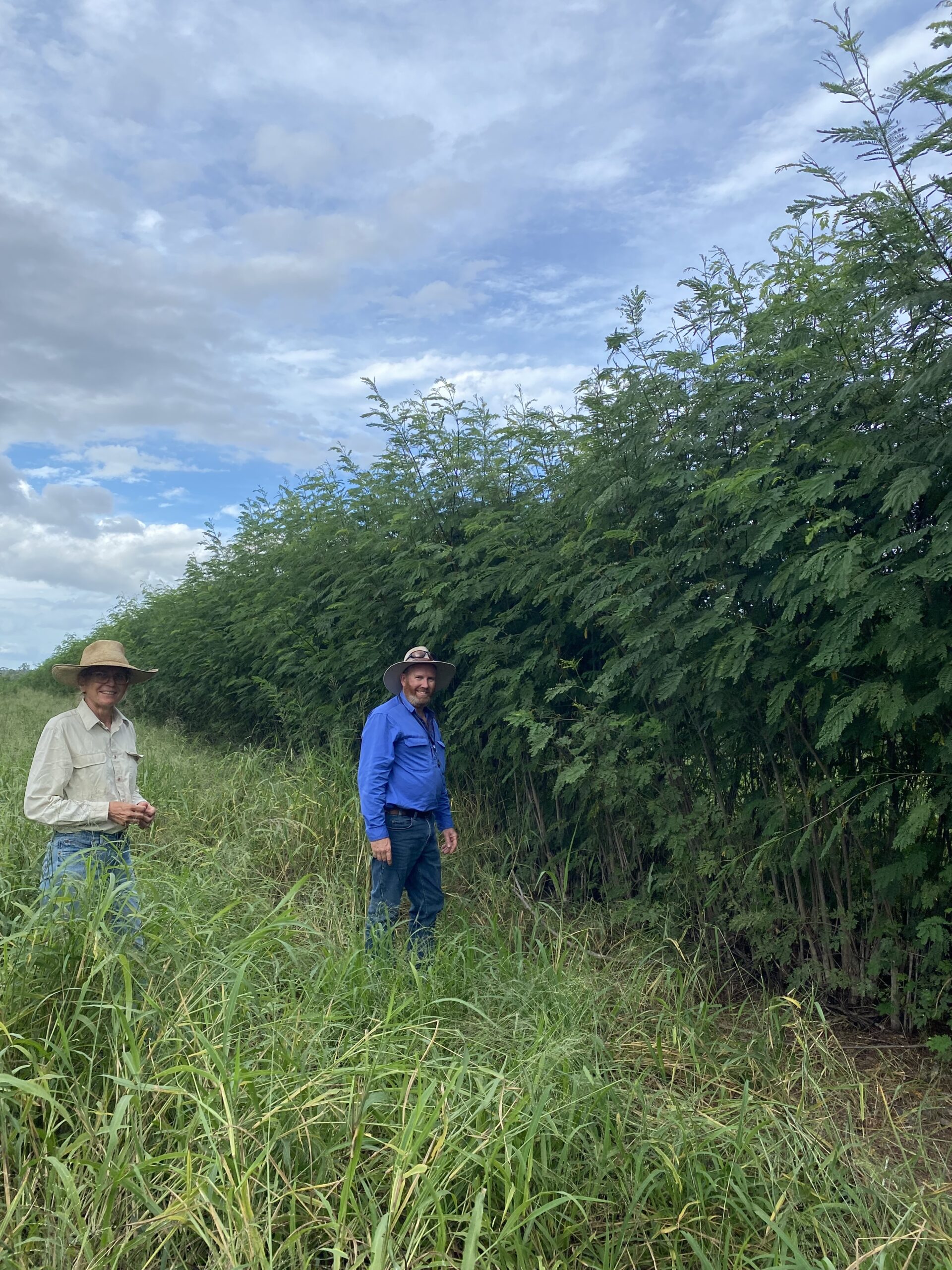
North Queensland Sown Pastures project
-
-
-
-
- Improve understanding of:
- new legume production paddocks including establishment techniques, management, animal performance and profitability
- animal performance on legume-grass systems and how it impacts profitability.
- Test and demonstrate sown legume systems in commercial production paddocks.
- Improve understanding of:
-
-
-
Project team: Kendrick Cox (team leader), Craig Lemin, Niilo Gobius, Steven Dayes, and Luke Bambling (Mareeba), and Karl McKellar (Charters Towers).
Contact: kendrick.cox@daf.qld.gov.au or 0438 138 262
Find out the results from some of the NQ teams demonstration sites and more information:
-
- Economic Evaluation of Leucaena and Stylo Pastures at Goshen Station
- Economic Evaluation of Leucaena at Pinnarendi Station
- Managing tropical pasture seed
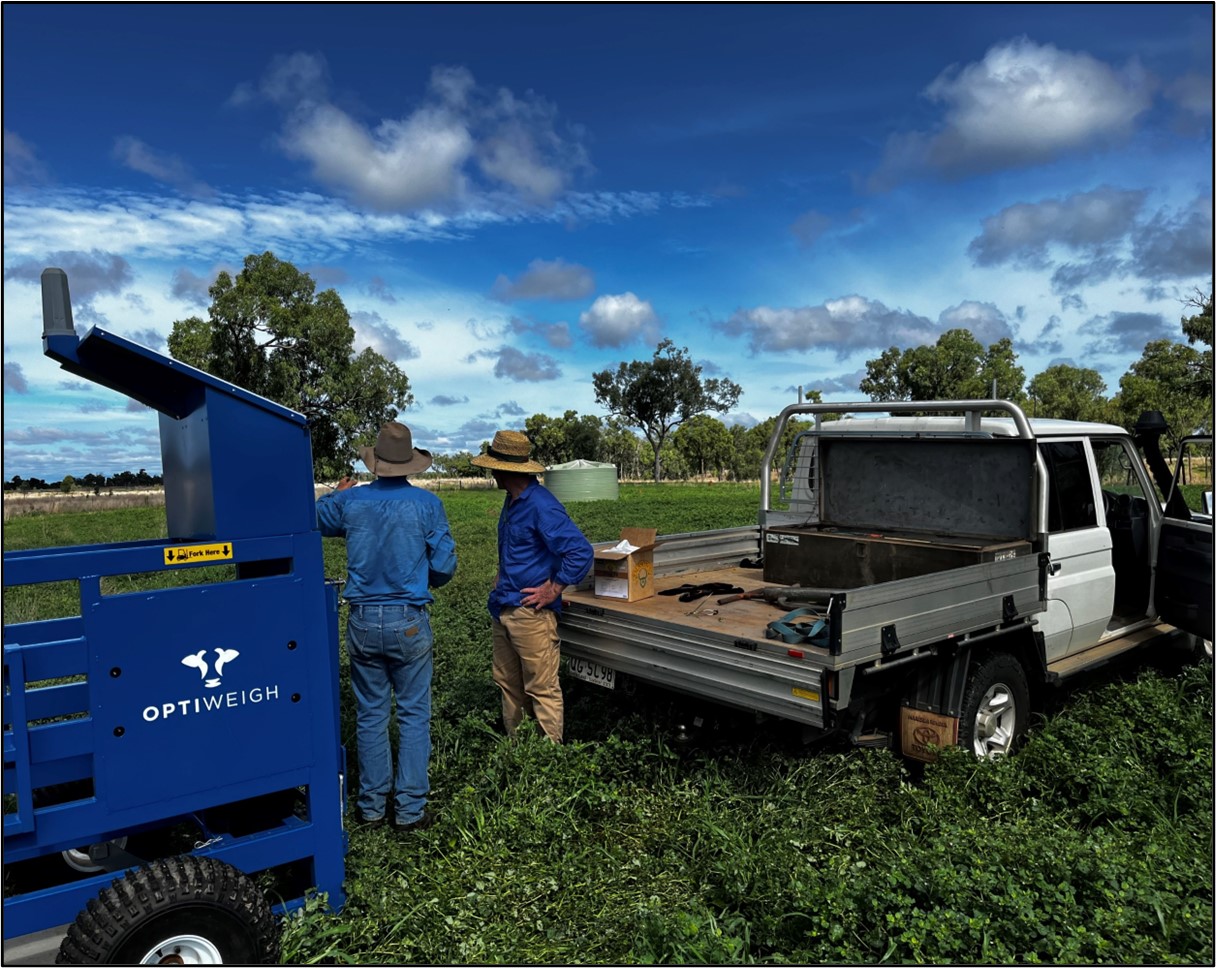
Improving Grazing Land Management project
-
-
-
-
- Continue to assess the long-term effect of different grazing strategies on land condition and profitability at the Wambiana grazing trial.
- Trial innovative grazing strategies to accelerate recovery of carrying capacity on land in poor condition.
- Increase adoption of better grazing land management principles across Queensland.
- Support the development of carbon neutral beef production and new AgTech tools to aid decision making in grazing land management.
-
-
-
Project team: Peter O’Reagain (team leader), John Bushell, Joanna Gangemi, Karl McKellar (Charters Towers), Angela Anderson (Brian Pastures) and Dana Walkington (Emerald), and Megan Willis and Brad Hough (Townsville).
Contact: peter.oreagain@daf.qld.gov.au or 0428 100 493
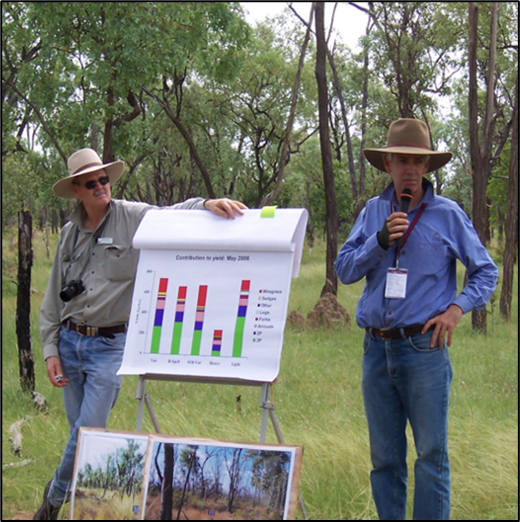
Media releases and Ministerial statements
2024
2023
-
-
